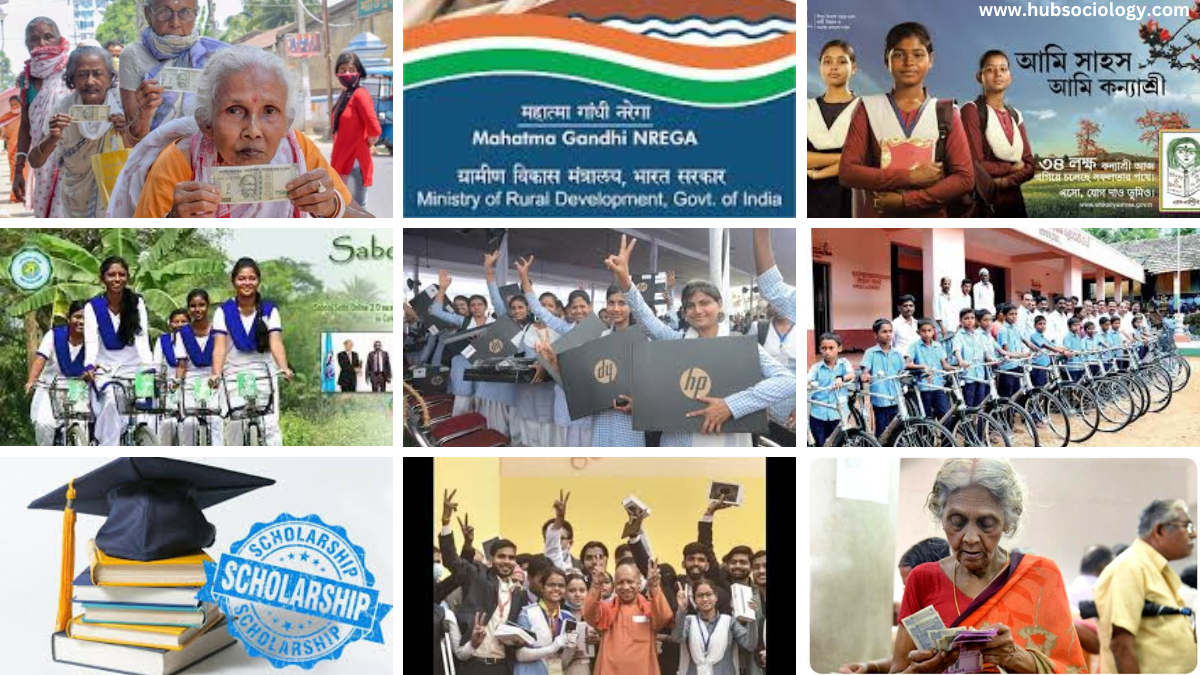Basic Assumptions of Social Planning in India: A Sociological Perspective
Introduction Social planning is a systematic process aimed at improving the quality of life and ensuring equitable development in society. In India, social planning is deeply rooted in the country’s socio-economic, political, and cultural fabric. It is influenced by democratic principles, welfare state ideologies, and the constitutional mandate of social justice. From a sociological perspective, … Read more

